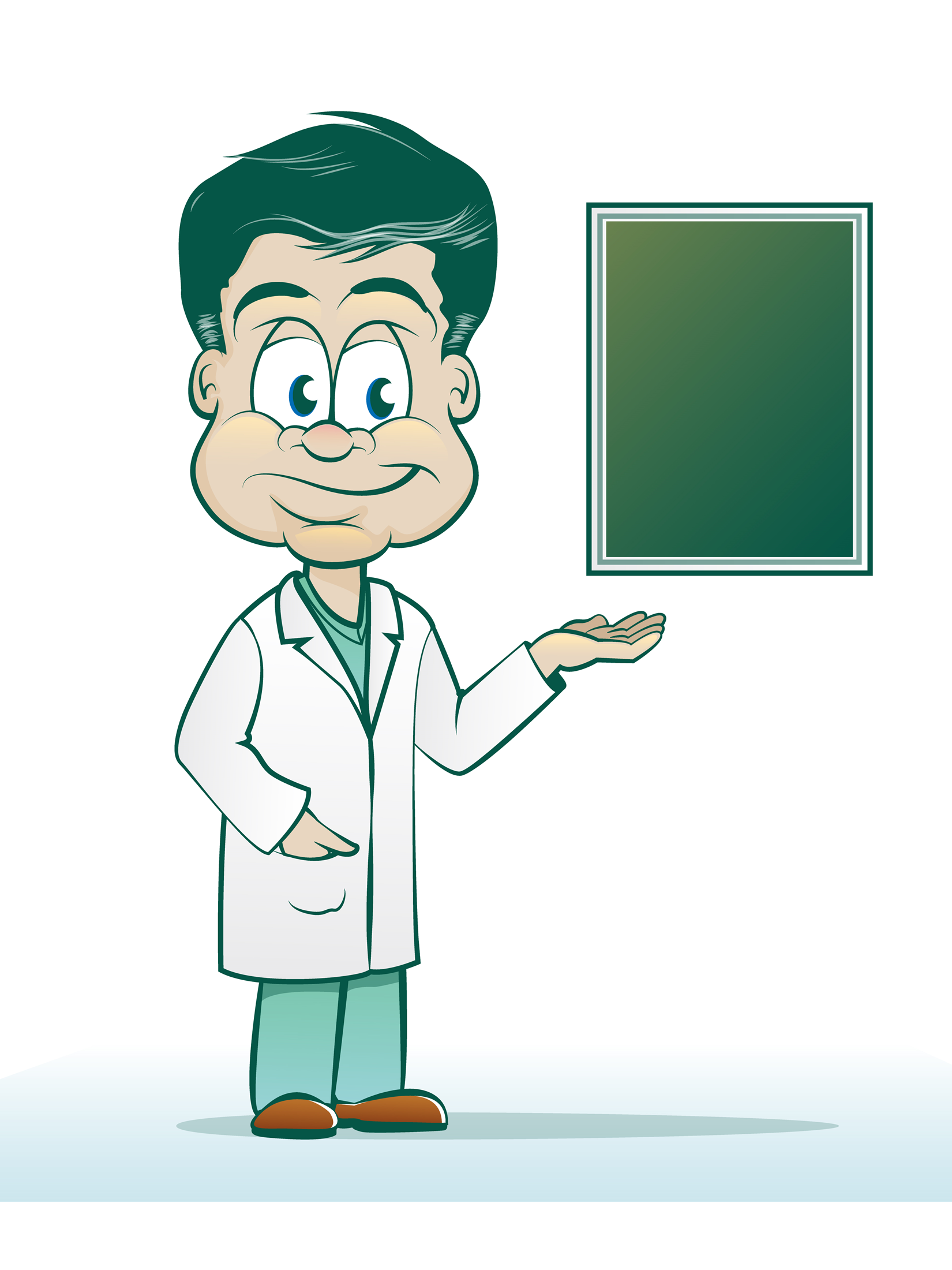How do you explain a diagnosis to a patient in a concise, understandable, succinct way? During a recent discussion with a registrar, a few universal tactics were discussed:
- find out what the patient already knows about the condition
- tailor the information to the individual
- use simple language that will be easily understood
- provide written information (there are various great resources available)
- check patient understanding
During the discussion, I realised a few things about putting the theory into practice. You may understand a disease fully, but that doesn’t mean that you are able to explain it concisely to patients. Most of us give “handouts” as patient education on a condition. Not all of us read what we give our patients, and therefore don’t see how to explain things simply. Some conditions are definitely easier to describe than others, but giving simple explanations of all conditions is certainly an art and takes practice.
There have recently been some threads on GPDU that touched on this topic of “how to explain” something and “what words would you say”. I found it very interest and helpful to see the actual words that people use. Few of us have had the privilege of hearing how others explain conditions to patients. We all do the best we can, but we may not know how others do it to be able to model our behaviour.
The original discussion I was having with the registrar was around the OSCE exam. The task was to practice how to explain the diagnosis to a patient (in an OSCE scenario) in less than 90 seconds. Now that’s not something we will need to do in consultations, but it is a handy skill to acquire that can be modified for everyday use.
I’ve tried my hand at possible scripts of how I could #explainthediagnosis to patients below, and would love to read and hear how you make complex conditions simple to understand.
#explainthediagnosis of DIABETES:
“Diabetes is a disorder in which there is too much sugar in the blood. It’s caused by a lack of insulin, which is an important hormone produced by the pancreas. Insulin controls the balance of sugar in the blood, and diabetes results when this balance is out. This happens due to 1 of 2 reasons: either the pancreas is not making enough insulin, or the cells aren’t responding to the insulin. In your case, the cells aren’t responding as they should.
The classic symptoms of diabetes are producing lots of urine, excessive thirst, lack of energy or a tendency to get infections. That would explain some of your symptoms.
Diabetes cannot be cured, but it can be controlled by a proper diet and regular exercise, and, if those aren’t enough, modern treatment is very effective and includes tablets or injections.
If diabetes is untreated, the complications are very severe and include coma (if the blood sugar is either too high or too low), kidney disease, blindness and heart disease. The feet and eyes are at increased risk and need special care and regular checks.
The goal in managing diabetes is keeping the blood sugar level normal to avoid these complications.
That’s a lot of information in one go. Do you have any questions?”
#explainthediagnosis of DEPRESSION:
“Most people feel unhappy or sad occasionally, but there is a difference between feeling sad and having depression. Depression is a very real illness that affects the mind and the body. It can present with sadness for weeks on end, or a feeling of numbness, poo sleep, hopelessness and not coping, even tiredness, or no longer enjoy doing things that used to interest you. You’ve explained a few of these to me, which is why I think you may you might be experiencing depression.
Depression can follow a severe loss or tragedy, but on the other hand it can develop for no apparent reason. Things like personality, family history, and different life experiences seem to play a role. Depression can be a serious issue, but there’s treatment available that can help you feel better.
You see, depression isn’t something you can control or just “get over” or “snap out” of. It has been found that an important chemical is present in smaller amounts than usual in the nervous system in people who have depression.
The symptoms can vary during the day, but are usually worse on waking in the morning. If they are severe, depressed people may not feel like living at all. Have you had any thoughts of suicide?”
#explainthediagnosis of ECZEMA:
“Eczema is a rash which results in itchy, irritable skin. It is most common in people with a family history of an atopic disorder, or allergy, including asthma or hay fever. In fact, these are usually seen together in the same person.
With eczema, the skin becomes red, dry, itchy and scaly, like yours. In severe cases, it may weep, bleed and crust over. Sometimes the skin may become infected, sometimes from scratching. Many children outgrow it, but a few have it all their lives. The condition can flare and subside for no apparent reason, but there are a few things that seem to aggravate it, like soaps and detergents, dry heated air, perfumed products, and even stress or emotional upset. Certain food allergies may also be related to eczema in a small proportion of cases. The value of allergy testing is doubtful and desensitisation injections may make the eczema worse. There are a few recommendations to prevent flare-ups. Do you want to hear about them?”
Contribute to the #explainthediagnosis discussion to expand the repertoire of “scripts” we can use in our consults (and in the exams).




